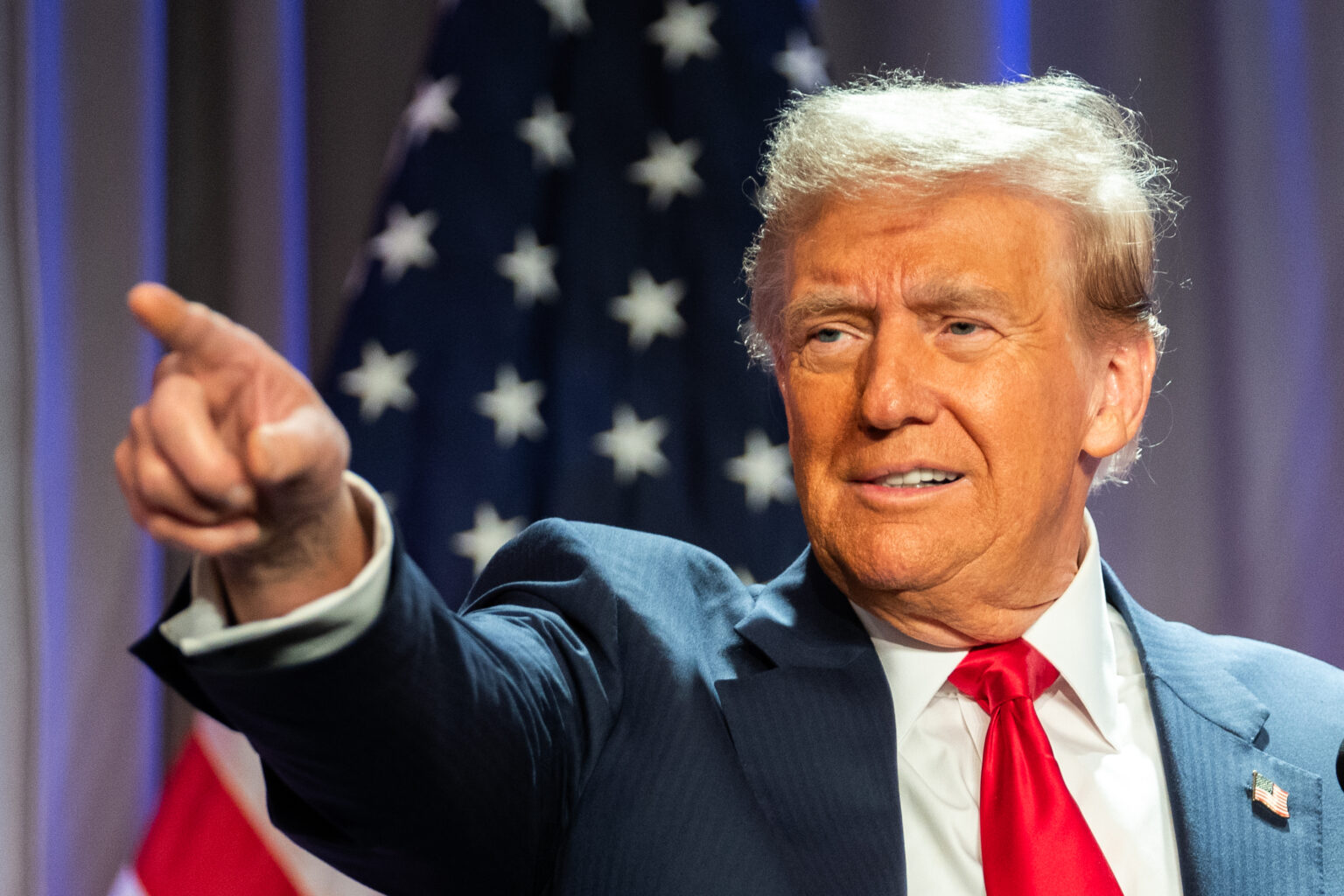‘We Don’t Want Them’: Trump Bans Citizens of 12 Countries from Entering U.S. Due to ……………..see more
Washington, D.C. — In a sweeping move reminiscent of his earlier presidency, former President Donald Trump—now serving his second term—has signed an executive order banning citizens of 12 countries from entering the United States, citing national security threats and a need for stronger immigration controls.
“We don’t want them,” Trump declared during a press conference at the White House. “We’re not going to let people into our country who hate us, who want to do us harm.”
The 12 Banned Nations
The executive order, which takes effect June 9, applies to citizens from the following countries:
- Afghanistan
- Chad
- Republic of the Congo
- Equatorial Guinea
- Eritrea
- Haiti
- Iran
- Libya
- Myanmar
- Somalia
- Sudan
- Yemen
These nations have been classified under the administration’s new “red tier”—countries whose governments, according to the White House, fail to provide adequate information on their nationals or have high levels of terrorist activity.
Context and Justification
The announcement follows a deadly terrorist attack in Boulder, Colorado, last month, allegedly perpetrated by an Egyptian immigrant. Although Egypt is not on the banned list, the Trump administration argues that the attack underscores weaknesses in the U.S. vetting system.
Trump’s team has pointed to what it calls “non-cooperative” countries—those that do not meet Washington’s standards for identity verification, background checks, or information sharing—as key risks to U.S. safety.
The executive order is an enforcement arm of Executive Order 14161, signed earlier this year, which introduces a three-tier system to classify foreign countries based on their perceived security threat levels:
- Red tier: Complete entry ban
- Orange tier: Partial restrictions (including Cuba and Venezuela)
- Yellow tier: Enhanced screening, but no outright bans
Critics Respond
The decision has sparked immediate backlash from civil rights groups, immigration advocates, and some members of Congress. Critics have called it a politically motivated move designed to energize Trump’s base in the lead-up to the 2026 midterms, and many are drawing comparisons to the controversial “Muslim Ban” of 2017.
“This is xenophobia dressed up as policy,” said Omar Farouk, director of the International Rights Watchdog. “It targets some of the world’s most vulnerable populations and offers no credible evidence that it makes Americans safer.”
Impact on Education and Travel
In a related development, the administration has also revoked student visas for international scholars planning to attend Harvard University. Harvard has publicly condemned the action as retaliatory, following public criticism of Trump’s immigration policies by university leadership.
“This is a clear attack on academic freedom and international cooperation,” said Harvard President Claudia Reyes.
Legal Challenges Incoming
Several lawsuits are already in preparation, with advocacy groups citing constitutional violations and international law concerns. The American Civil Liberties Union (ACLU) has announced it will file for an emergency injunction to halt the ban’s implementation.
Legal analysts suggest the case could mirror Trump v. Hawaii, the Supreme Court decision that upheld a similar travel ban during Trump’s first term—though opponents believe shifting judicial dynamics may change the outcome this time.









![Straziante notizia per l’Italia: Rita Guarino è purtroppo scomparsa nelle prime ore di oggi a causa di una grave malattia, la leucemia, che… [continua nella cartella allegata].](https://247epsports.com/wp-content/themes/newscrunch/assets/images/no-preview.jpg)

Post Comment